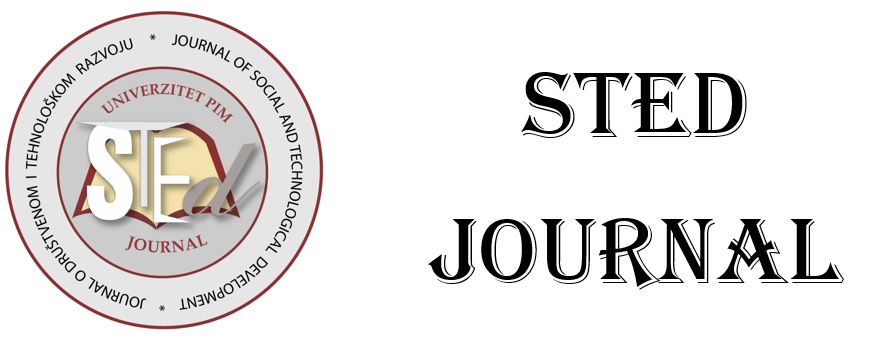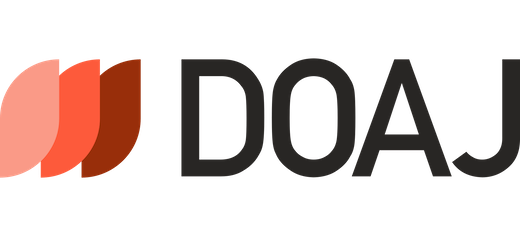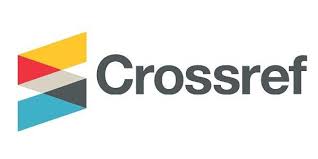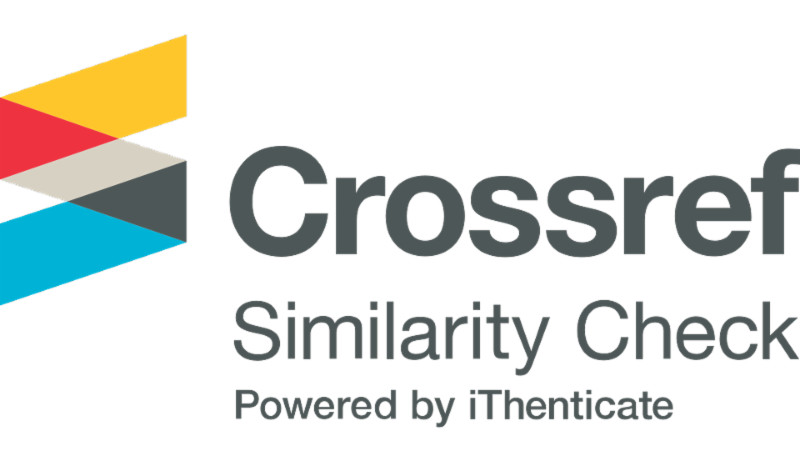
More articles from Volume 3, Issue 2, 2021
FABRICATION OF TEMPERATURE AND pH SENSITIVE BIOPOLYMER/CLAY BIOCOMPOSITE AS DRUG CARRIER FOR RANITIDINE – HCl
INFLUENCE OF SOCIO-DEMOGRAPHIC FACTORS ON MOTIVATION FOR WORK
EARLY FAMILY INTERACTIONS IN CASE OF SEXUAL DELINQUENTS
BOSNIA AND HERZEGOVINA AND THE EUROPEAN UNION – STILL FAR AWAY FROM INTEGRATION
SPECIFICITY OF RADIO ENVIRONMENT, ITS POTENTIALS AND THE ISSUE OF SURVIVAL
Article views
DIGITAL ECONOMY DEVELOPMENT IN GEORGIA IN THE CONTEXT OF DIGITAL DIVIDE
Business and Technology University , Faculty of Business and Technology , Georgia
Received: 22.09.2021.
Accepted: 30.10.2021. >>
Published: 29.11.2021.
Volume 3, Issue 2 (2021)
pp. 67-72;
Abstract
The paper aims to review the digital evolution process in the Georgian economy and to evaluate potential gaps relative to other countries. Digital evolution is a multidimensional concept, therefore to underline the key sectors where the digital divide is substantial between the developed world and Georgia is essential for further, more specific research. The research’s major expected outcome serves to fill the local academic literature gap related to digital development’s role in the digital economy, therefore it can be a basis for upcoming research in this field in Georgia. This approach can be also used for other developing countries which are transforming to digital economies. It is answering the specific questions: Is there a digital gap between Georgia and other economies? And, which digital sectors are the most or least developed? Digital development is influenced by several factors. The research uses digital evolution indices to measure digital evolution in different sectors from demand conditions to institutional ecosystems.
Keywords
References
Citation
Copyright
All papers are licensed under a Creative Commons Attribution 4.0 International License.
Article metrics
The statements, opinions and data contained in the journal are solely those of the individual authors and contributors and not of the publisher and the editor(s). We stay neutral with regard to jurisdictional claims in published maps and institutional affiliations.











